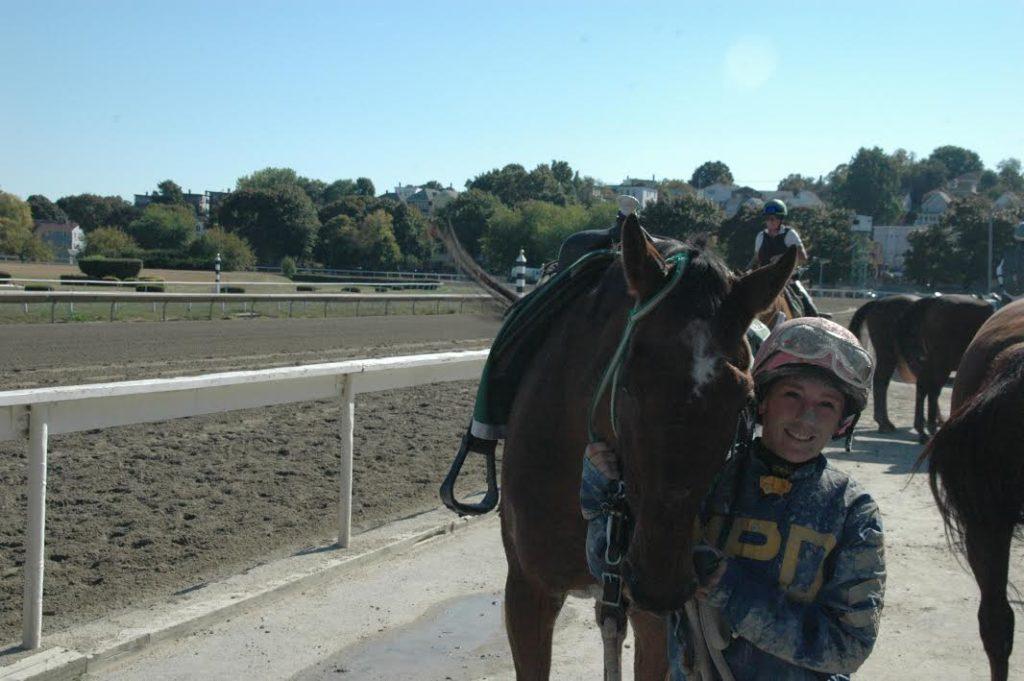By Alexander LaCasse
The city of Revere filed a joint lawsuit with the International Brotherhood of Electrical Workers (IBEW) Local #103 against the Massachusetts Gaming Commission. This follows the commission’s decision to award the Region A gaming license to Wynn Resorts.
“There are a number of troubling and alarming failures by the Gaming Commission that raise serious questions about the entire process of awarding the Region A license,” Revere Mayor Dan Rizzo said in a press release on Oct. 16. “From inequity in the process, to a failure to require adequate community mitigation, to ignoring potential criminal activity associated with the Everett land, the commission has in almost every regard failed to live up to its obligations under the Gaming Act.”
The criminal activity Rizzo refers to stems from the fact that a reputed mob associate, Charles Lightbody, 54, of Revere, once held an ownership stake on the site of the proposed Wynn casino. Lightbody is facing federal charges for scheming to deceive Steve Wynn and his associates about his involvement in the property after an investigation by the Gaming Commission. This would be a direct violation of the Mass. gaming law, which states that criminals cannot profit from gaming institutions.
Lightbody claims he sold his stake in the property to FBT Everett Realty before Wynn purchased the property. FBT was allegedly being paid $100,000 a month by Wynn to refrain from selling the plot until Wynn’s license proposal was accepted.
The aim of the lawsuit is to force a state court to nullify the commission’s decision to give the license to Wynn. According to Brandon Moss of the Boston-based law firm Murphy, Hesse, Toomey and Lehane, LLP, this could open the door for the Connecticut-based Mohegan Sun to get back into the casino race or make Mohegan and Wynn restart the application process. But it may be a long shot.
“Anytime there is a licensing case, the courts generally defer to the agency that makes those decisions,” Moss said. “There will be a higher burden on [Revere] to demonstrate the process was arbitrary.”
Moss also said there is the general legal question of the standing of the parties filing the lawsuit. Mohegan Sun and Suffolk Downs stood the most to lose by not winning the gaming license.
Mohegan Sun originally had an agreement with Suffolk Downs to lease a 70-acre portion of their property to build a casino. East Boston residents had originally voted down a casino at Suffolk Downs in 2013 because a portion of the track lies in East Boston. In February, Revere residents approved Mohegan Sun’s redesigned plan that had a casino solely on a Revere portion of the track’s property.
“The complaint filed today by the City of Revere and IBEW 103 is indicative of a pattern by the Gaming Commission of lowering its standards,” Chip Tuttle, chief operating officer of Suffolk Downs, said. “[They’re] subverting the intent of the gaming law and contorting the process for the benefit of the Wynn Everett applicant. The people who work here are facing significant hardship as a result of this.”
After Mohegan Sun failed to secure the gaming license, 77-year-old Suffolk Downs announced it would cease operations. IBEW Local #103 joined the lawsuit because it represents electrical workers at the track who now face unemployment.
“We represent 145 decent, hardworking people who are facing uncertainty and severe hardship as a result of a flawed process and flawed decision by the Gaming Commission,” John Dumas, business manager of IBEW Local 103, said in a press release on Oct. 16. “These people deserve every consideration that we can provide them under the law, and we’re going to keep working on their behalf.”
In the end, Revere might be hung out to dry because the gaming law mandates that towns in the immediate vicinity must be paid by the casino developers to offset any negative externalities they might incur as a result of having a casino in the area. According to Moss, since Revere banked on Mohegan Sun winning the license, it missed the opportunity to receive any money from Wynn even though Everett borders Revere.
The lawsuit accuses the gaming commissioners of abusing their legal authority when, among other complaints, they gave Wynn and his project more last minute chances to modify their plan to address traffic flow concerns in Sullivan Square.
According to Moss, in most complex, large-scale development projects, it is normal for the regulators to send all proposals back for adjustments without flat-out rejecting them. He thinks this is a similar case.
Cam Frank, a third-year finance major, would have liked to see a casino in Revere for the human element. Now, he laments the plight of the workers there.
“The Revere site is really close to the airport, and it’ll be a shame to see the track workers lose their jobs,” he said.
Photo by Alexander LaCasse









